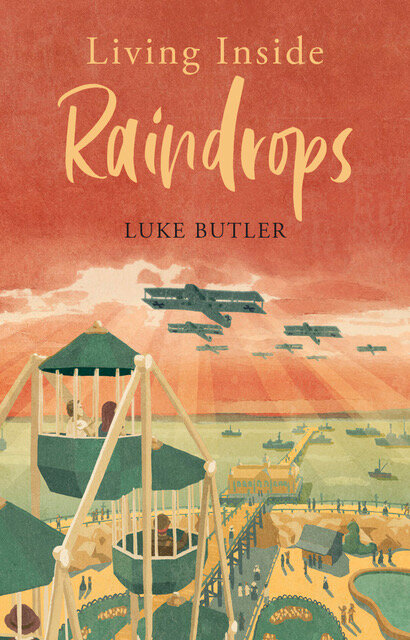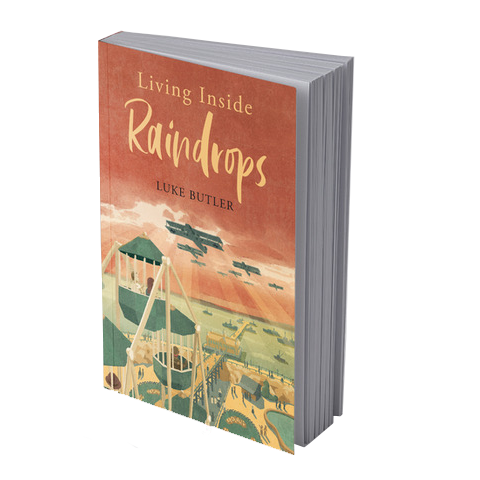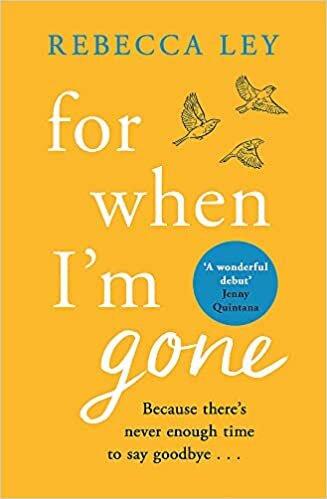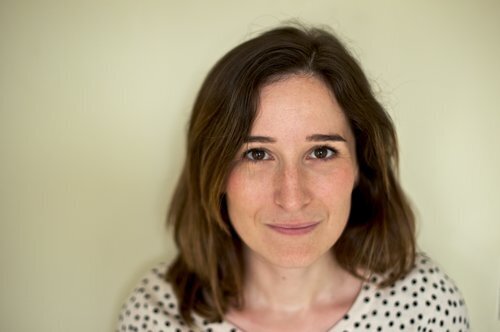We all know how bad 2020 has been. No one needs reminding. So this is in praise of some better news: five fabulous authors, all friends of The Book Edit, who happened to publish their novels in 2020…
Deepa Anappara’s debut novel, Djinn Patrol on the Purple Line, was published in January 2020 by Chatto & Windus. Before publication, the book won the Lucy Cavendish Fiction Prize, the Deborah Rogers Foundation Writers Award, and the Bridport/Peggy Chapman-Andrews Award for a First Novel; post-publication it’s been shortlisted for the JCB prize and long-listed for the Women’s Prize for Fiction. Told through the eyes of nine-year-old Jai, a reality cop show enthusiast and amateur sleuth, the novel adopts a lighter touch to tell a much darker tale surrounding the disappearance of local children. A brilliant and beautifully observed novel from a mesmerisingly talented writer.
Deepa Anappara’s debut novel
Harriet Tyce’s second novel, the psychological thriller The Lies You Told, was published by Wildfire in August 2020. As with Tyce’s first novel, the best-selling Blood Orange, this novel once again showcases her ability to grip readers and keep them guessing, right until the last page. Taut, skilfully plotted and fiercely intelligent, the book satirises the hideously competitive parental politics in an exclusive London school and keeps you reading through the night.
Harriet Tyce’s second novel, The Lies You Told
Hannah Begbie’s second novel
Luke Butler’s debut novel
Hannah Begbie’s second book, Blurred Lines, was published by Harper Collins in August 2020. Told through the eyes of Becky, assistant to Matthew Kingsman, one of the UK film industry’s most successful producers, Begbie’s novel shines a light on the film industry’s darker truths. A compelling story of power, trust and revenge, searingly astute and stylishly written, Begbie’s second book is destined to be a classic of the #metoo era and confirms her arrival as one-to-watch.
Luke Butler’s debut historical novel, Living Inside Raindrops, was published by The Book Guild in July 2020. Opening in a lunatic asylum in 1917, the novel is a coming-of-age story about twelve-year-old Jimmy, a dreamer desperate to escape his small town in Essex and make it to the Western Front. Charming and life-affirming, the novel explores the complexities of mental health, the strength of the human spirit and the power of love.
Rebecca Ley’s debut novel, For When I’m Gone, a heartbreaking tale of love and loss, was published by Orion in September 2020. Cleverly narrated through the handbook a mother, Sylvia - a vivid, complicated protagonist - writes for her husband, to guide him after she’s gone, the novel explores the agony of grief and the importance of letting go. Exquisitely written with an exceptional eye for detail - Ley is particularly good at the crushing minutiae of daily parenting - this is one of those novels that stays with you long after the reading.
Farewell, 2020.
May 2021 bring plenty better news for everyone.












